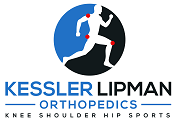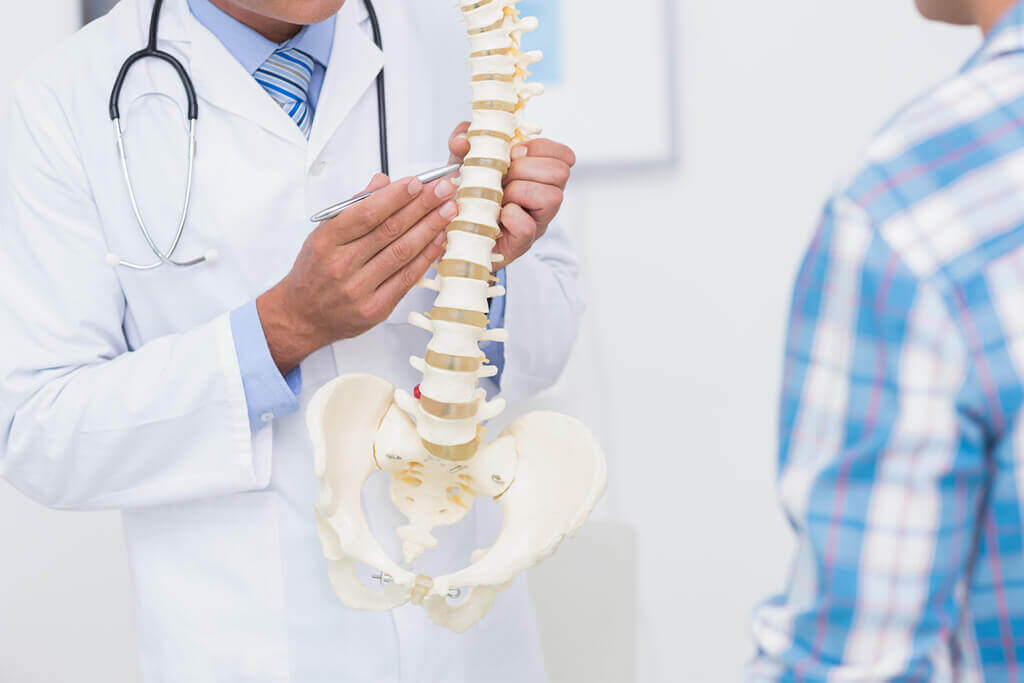Electromyography (EMG) - Nerve Test
Introduction
Electromyography (EMG) is an electrodiagnostic test that measures the nerve impulses in muscles during contraction. Nerves throughout the body exchange information with the brain through nerve impulses. Healthy muscles need nerve input to perform movements. Doctors use EMG to identify muscle function as related to nerve input. EMGs help doctors diagnose neuromuscular disease, neurological disorders, muscle disease, and nerve abnormalities associated with pain or numbness.
Diagnosis

Copyright © - iHealthSpot Interactive - www.iHealthSpot.com
This information is intended for educational and informational purposes only. It should not be used in place of an individual consultation or examination or replace the advice of your health care professional and should not be relied upon to determine diagnosis or course of treatment.
The iHealthSpot patient education library was written collaboratively by the iHealthSpot editorial team which includes Senior Medical Authors Dr. Mary Car-Blanchard, OTD/OTR/L and Valerie K. Clark, and the following editorial advisors: Steve Meadows, MD, Ernie F. Soto, DDS, Ronald J. Glatzer, MD, Jonathan Rosenberg, MD, Christopher M. Nolte, MD, David Applebaum, MD, Jonathan M. Tarrash, MD, and Paula Soto, RN/BSN. This content complies with the HONcode standard for trustworthy health information. The library commenced development on September 1, 2005 with the latest update/addition on February 16, 2022. For information on iHealthSpot’s other services including medical website design, visit www.iHealthSpot.com.


